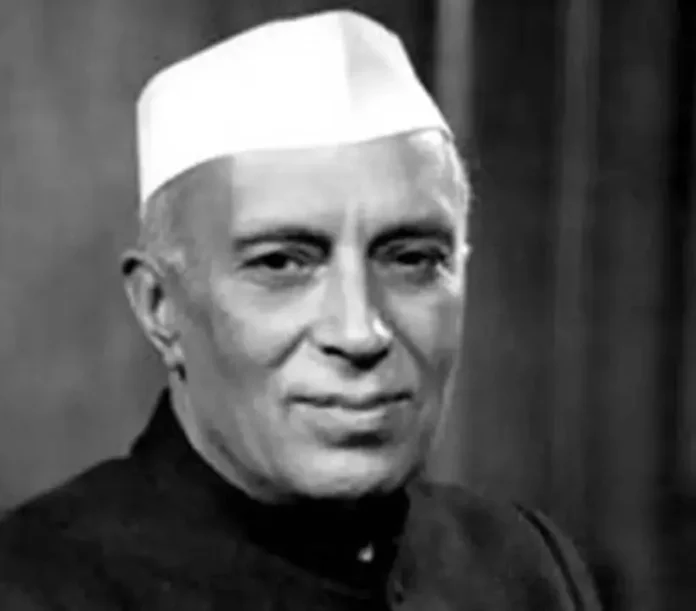Editorial
As the nation paid homage to Pandit Jawaharlal Nehru on his 135th birth anniversary, the younger generations naturally should ask the question who Nehru was and what was his role in freedom struggle and in nation building, and obviously what relevance he holds in the third decade of 21st century? Nehru was a gifted visionary, a globally recognised statesman, a liberal democrat and a philosopher in constant transition. An idealist intellectual who felt an almost mystical empathy with the Indian farmers; an aristocrat, though accustomed to elitist privileges, had passionate socialist convictions; a product of highly anglicized British institutions, who spent years in their jails; an agnostic who became an unlikely protege of the saintly Mahatma Gandhi; personified in true sense the Indian ethos, values, and its paradoxes for about seventeen years after Independence.
After Mahatma’s assassination, Pandit Nehru became the keeper of the nation’s conscience, flame of oneness, and the most visible embodiment of India’s struggle for freedom. A darling of the nation, he was a politician above politics. His stature was so great that the country he led seemed inconceivable without him. India has in many respects moved on, but Nehru remains a compelling figure, irresistible to secular-democratic thinkers, historians, biographers and politicians alike.
Jawaharlal Nehru’s famous “tryst with destiny” speech on the eve of India’s Independence, has remained etched in the minds of countrymen for ushering in the unwavering spirit of Azad Bharat, a cause that innumerous freedom fighters had sacrificed their lives for. Generations to come will proudly remember that speech by Nehru as the first step by India in its journey from a British colony to a sovereign nation.
Fulfilling the pledge to cater to the needs of an aspirational India was a challenge of gargantuan proportions. Independence came at a humongous cost, British colonialism trampled India, partition had left its social fiber battered with communal-religious fissures and caste-gender discrimination. The economic gloom and doom was healthy upon us.
Pt Nehru successfully set out to realise the dream of a strong and resurgent India. He steered the nation on the path of political freedom, socio-economic advancement and modernisation. Although, India didn’t have enough resources to feed its people a square meal and secure its borders, it was his sheer patriotism, dedication and commitment that he steered the ship of Indian state to the shores of territorial and emotional integration, social cohesion and economic self-reliance.
On foreign policy front, it was under Nehru’s guidance and leadership that the Policy of Non-Alignment became the voice of newly independent nations of Asia, Africa and Latin America. Nehru’s Panchsheel Agreement with China that essentially gifted the world a powerful formula of peaceful co-existence and cooperation for mutual benefit, also served as the foundation for good relations with the neighbouring countries. Without compromising our autonomy of thought and action in international arena, Nehru created an independent place for India in the world politics
Despite criticism from contrasting political ideologies and schools of thought, Nehru’s contributions continue to echo unwaveringly even today. His contribution to India’s freedom movement, and after independence his unparalleled efforts in architecting a modern, secular-democratic constitutional Republic make him an outstanding statesman to be remembered for generations to come!


